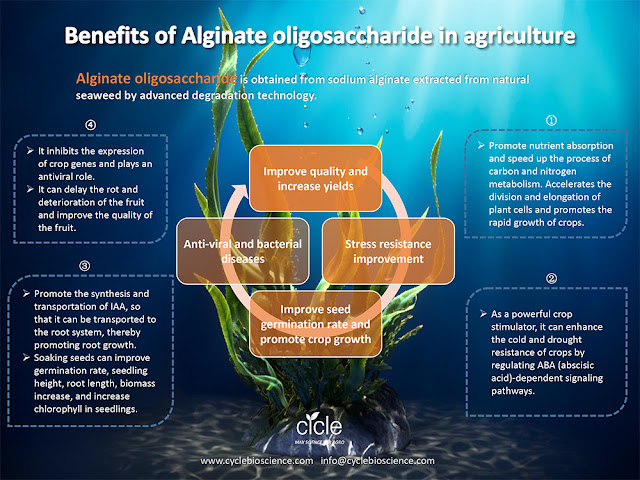Why does the soil compact? How to eliminate?
Soil compaction refers to the lack of organic matter and poor structure on the surface of the soil. The structure is destroyed and the soil is dispersed due to external factors such as irrigation or rainfall. After drying, the soil becomes hardened by cohesive force.
The main reasons for the formation of soil citrus are as follows:
1. The acidity of the soil is too large or too small, such as acid rain.
2. Plastic products, such as plastic mulch, have not been cleaned up in time and cannot be completely decomposed in the soil.
3. Long-term single application of chemical fertilizers will not be able to be replenished in time for humus, which will also cause soil compaction and may also crack.
(1) After excessive application of nitrogen fertilizer to the soil, the nitrogen supply of microorganisms will increase by 1 part, and the corresponding carbon consumption will increase by 25 parts. The consumed carbon comes from soil organic matter, and the low organic matter content affects the activity of microorganisms. Thereby affecting the formation of soil aggregate structure, leading to soil compaction.
(2) When phosphate fertilizer is excessively applied to the soil, the phosphate ion in the phosphate fertilizer combines with the cations such as calcium and magnesium in the soil to form insoluble phosphate, which wastes phosphate fertilizer and destroys the soil aggregate structure, resulting in soil compaction.
(3) When potassium fertilizer is excessively applied to the soil, the potassium ion in the potassium fertilizer has a particularly strong displaceability, which can replace the multivalent cations that form the soil aggregate structure, while the monovalent potassium ion does not have a bond bridging effect. The soil aggregate structure The bond bridge is destroyed, which also destroys the aggregate structure, resulting in soil compaction.
4. The low soil organic matter content affects the activity of microorganisms, which affects the formation of soil aggregate structure and leads to soil compaction.
5. There is a lack of ground water resources. Use groundwater with high salinity and low water temperature for watering.
6. Wind and sand, water and soil erosion, small soil particles in the topsoil layer are taken away, and the soil structure is destroyed.
Why does soil compaction have a serious impact on crops?
Soil compaction will cause a decrease in air permeability, which will reduce the oxygen absorbed by the roots. The direct result is that the aerobic respiration of the root system is weakened or even anaerobic respiration, and then the energy provided by the root system is reduced, which is not good for plants. Growth
Ways to eliminate soil compaction
1. Increase the amount of organic fertilizer and build more organic fertilizer. Such as stable manure, enclosure manure, soil miscellaneous fertilizer, and the use of crop straw to make high-quality organic fertilizer, it is best to use high-content microbial inoculants. Insist on the use of organic fertilizer inputs, and gradually improve and improve soil organic matter. So as to solve the problem of soil organic matter lack and compaction!
2. Reduce the amount of chemical fertilizers and improve farmers' understanding of the effects of various fertilizers. The amount of chemical fertilizers should be combined with crop yields and soil fertility to carry out a reasonable formula fertilization, so that the blind application of chemical fertilizers can be controlled. It also reduces unreasonable investment, thereby increasing economic benefits. It is best to test the soil for fertilization, and make up for what is lacking in the soil, and use chemical fertilizers not excessively to prevent chemical fertilizer residues and avoid affecting the soil structure! The most reasonable is the use of organic fertilizers.
3. Further promote dry farming, implement sprinkler irrigation, or promote the use of rainwater in summer and make full use of groundwater. Conditions can also use deep well water.
4. Break the outdated farming methods, further promote the return of straw to the field, no-tillage mulch, and try our best to reduce unnecessary soil loss, so as to prevent the soil structure from being damaged.
5. Use soil conditioners to adjust soil pH! Soil pH refers to the pH of the soil. A pH value of 7 indicates that the soil is in a neutral reaction, less than 7 is acidic, and greater than 7 is alkaline. Soil conditioners are divided into acid regulation and alkali regulation, so choose soil conditioners according to soil conditions.
Glycine Betaine is an osmo-protective agent intended for use in home garden, greenhouse and field. It can protect plants from abiotic stress.
Conditions like drought, heat, cold, and salt stress which will cause dehydration and can have a severe impact on crop yield.







评论
发表评论